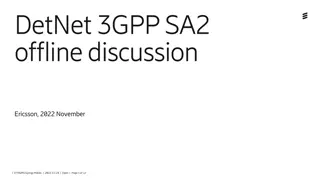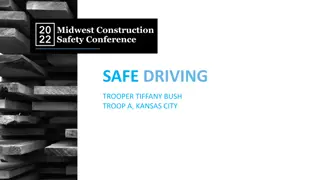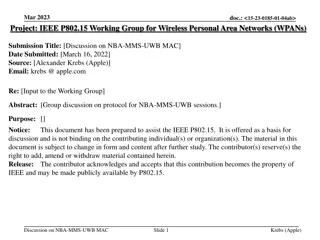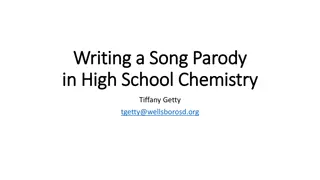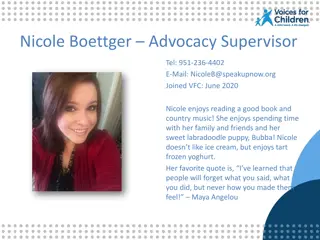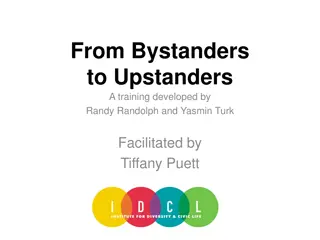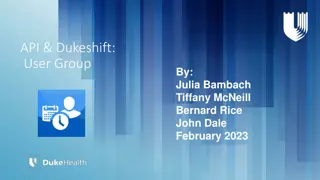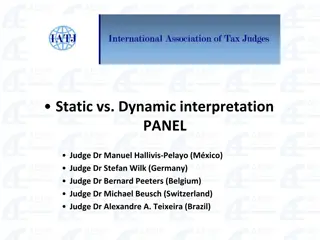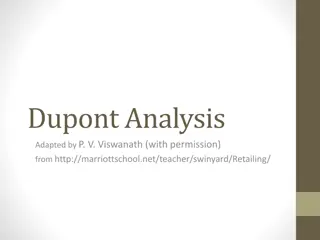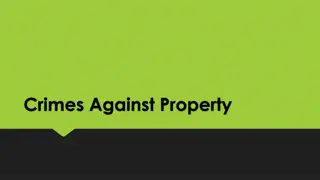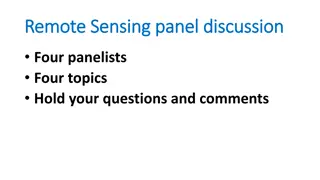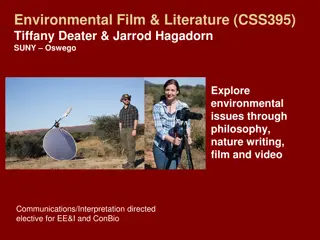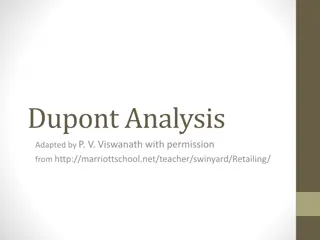
Filter Bubbles and Echo Chambers in Media Discourse
Explore the concepts of echo chambers and filter bubbles in media discourse, where information is amplified within enclosed systems, potentially limiting exposure to diverse views. Learn about how personal information ecosystems affect online experiences and the impact of echo chambers on individual perceptions. Discover the ethical concerns raised by Facebook's emotion experiment on user feeds.
Download Presentation

Please find below an Image/Link to download the presentation.
The content on the website is provided AS IS for your information and personal use only. It may not be sold, licensed, or shared on other websites without obtaining consent from the author. If you encounter any issues during the download, it is possible that the publisher has removed the file from their server.
You are allowed to download the files provided on this website for personal or commercial use, subject to the condition that they are used lawfully. All files are the property of their respective owners.
The content on the website is provided AS IS for your information and personal use only. It may not be sold, licensed, or shared on other websites without obtaining consent from the author.
E N D
Presentation Transcript
The Echo-Chamber Effect
-In media, an echo chamber is a situation in which information, ideas, or beliefs are amplified or reinforced by transmission and repetition inside an "enclosed" system, where different or competing views are censored, disallowed or otherwise underrepresented. -Observers of journalism in the mass media describe an echo chamber effect in media discourse.
The Filter Bubble
Personal ecosystem of information that's been catered by these algorithms" Internet user indicates interest in topics by "clicking links, viewing friends, putting movies in your queue, reading news stories" and so forth.[6]An Internet firm then uses this information to target advertising to the user or make it appear more prominently in a search results query page.
Problems Filter Bubbles and Echo-Chambers with the
A world constructed from the familiar is a world in which theres nothing to learn ... (since there is) invisible autopropaganda, indoctrinating us with our own ideas. Eli Pariser in The Economist, 2011[10] One purveyor of information will make a claim, which many like-minded people then repeat, overhear, and repeat again (often in an exaggerated or otherwise distorted form)[3]until most people assume that some extreme variation of the story is true The echo chamber effect may also prevent individuals from noticing changes in language and culture involving groups other than their own. Regardless, the echo chamber effect reinforces one's own present world view, making it seem more correct and more universally accepted than it really is
Facebooks Anger Experiment
Researchers tweaked the feeds of 689,003 users to show a disproportionate number of positive or negative statuses for one week in January 2012. They found that the emotions of others on your News Feed can affect your mood, and published the results in the journalPNAS (Proceedings of the National Academy of Sciences). However, the researchers did not inform users that they were manipulating News Feeds, and many questioned the study's ethics.



